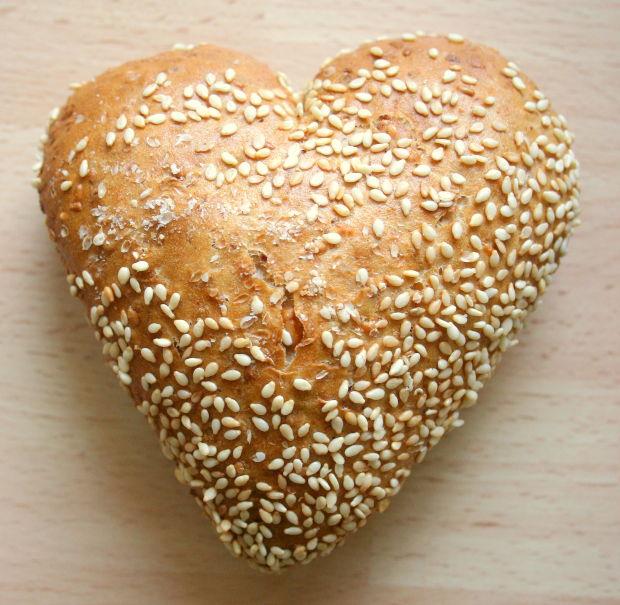Many foods are not good for the heart. Even foods that we consider healthy, when taken in excess can contribute to heart diseases. It is always important for an individual to make sure to eat the right kinds of food and to eat them in moderation. Those who are prone to heart diseases, especially if it runs in their family, should consider heart healthy diet plans. A well-balanced diet accompanied by regular exercise can help promote a healthier heart.
Low Fat or Low Cholesterol
It is advisable to reduce the amount of saturated and trans fat in the food that you eat. With less fat intake, you also reduce your blood cholesterol, which can lower your risk of coronary heart disease brought about by build-up of plaques in your arteries. This can lead to heart attacks or strokes, which can be fatal.
The American Heart Association recommends that saturated fat intakes should only be less than 7 percent of your total daily calories, for trans fat only less than 1 percent of your daily calories and for cholesterol should only be less than 300 milligrams a day for healthy adults.
Avoid preparing food that are high in solid fats, such as butter, margarine or shortening. Use low fat or fat-free substitutes when baking or cooking. Use olive and canola oil for cooking instead of using butter or lard.
When drinking milk, avoid whole milk, choose skim or low fat (1 percent) milk and use fat-free dairy products. Limit your egg yolk intake, use egg whites only as much as possible.
Vegetables and Fruits
Eat more vegetables and fruits–they are great sources of vitamins and minerals. They also contain soluble fibers that help lower cholesterol, thus preventing heart disease. Eat salads often. However, be careful with the salad dressing. Mix white wine vinegar mixed with olive oil, black pepper and a pinch of salt as vinaigrette dressing as opposed to using high-fat content salad dressings. Snack on fruits, peeled baby carrots and celery sticks instead of eating junk foods. Steam the vegetables instead of deep-frying them in oil. Choose canned fruits packed in water instead of heavy syrup. It is also advisable to use garlic with your food, whether as an added ingredient to your main course or as seasoning. Garlic can help lower cholesterol.
Whole Grains
Whole grains are great sources of vitamins, minerals and dietary fibers. Some of the vitamins and minerals found in whole grains are Vitamin E, magnesium, zinc, niacin, riboflavin, thiamine and iron. These nutrients play an important role in regulating the blood pressure to reduce the risk of heart attacks.
Choose bread with 100 percent whole grain instead of white bread. There is also whole wheat pasta that you can substitute for the regular pasta in your meal. For breakfast, eat bran flakes, oats or any high-fiber cereals as opposed to eating cereals with high sugar content. Instead of eating white rice, choose brown rice instead. Avoid corn breads, muffins, frozen waffles and egg noodles. Choose whole wheat bread and ground flaxseed.
Low Salt or Low Sodium
For a heart healthy diet, you must lower your salt intake. Salt can cause hypertension that can lead to cardiovascular problems. The recommended daily intake of sodium or salt should be no more than a tsp. or 2,300 milligrams according to the American Heart Association. Make sure to limit your salt used for cooking and take into consideration the amount of salt that comes with processed food you take. Furthermore, try to avoid using salt to add taste to your food. Use dried herbs or spices and salt substitutes instead.





